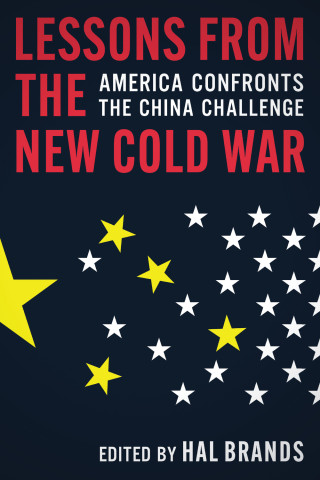
Reviews
A 'must' for any college-level collection strong in Asian politics.
A worthwhile read for anyone interested in recent momentum towards regionalism in East Asia.
Aside from its inherent appeal to American policy wonks, the volume offers some interesting thoughts about the theory and practice of multilateralism in east Asia.
East Asian Multilateralism provides a comprehensive analysis of the major challenges for the establishment of a multilateral regional order. In particular interest is the additional focus on policy recommendations (for the US diplomacy).
The volume is well-organised, readable, and remarkably jargon-free and benefits from a multinational set of contributors with considerable expertise in the region.
Assembles an impressive crew of American and American-based policy experts on the subject.
Book Details
Acknowledgements
List of Abbreviations
Notes on Foreign Names and Transliterations
Introduction
Part I: Beyond the Hub and Spokes
Chapter 1. Critical Junctures and the Contours of Northeast Asian
Acknowledgements
List of Abbreviations
Notes on Foreign Names and Transliterations
Introduction
Part I: Beyond the Hub and Spokes
Chapter 1. Critical Junctures and the Contours of Northeast Asian Regionalism
Chapter 2. The History and Practice of Unilateralism in East Asia
Chapter 3. The Outlook for Economic Integration in East Asia
Chapter 4. The New Trade Bilateralism in East Asia
Part II: Country Perspectives
Chapter 5. China's Evolving Multilateralism in Asia: The Aussenpolitik and Innenpolitik Explanations
Chapter 6. China and the Impracticality of Closed Regionalism
Chapter 7. Japan and the New Security Structures of Asian Multilateralism
Chapter 8. Korean Perspectives on East Asian Regionalism
Part III: Policy Implications
Chapter 9. A New Order in East Asia?
Chapter 10. The Security Architecture in Asia and American Foreign Policy
Conclusion
Contributors
Index







